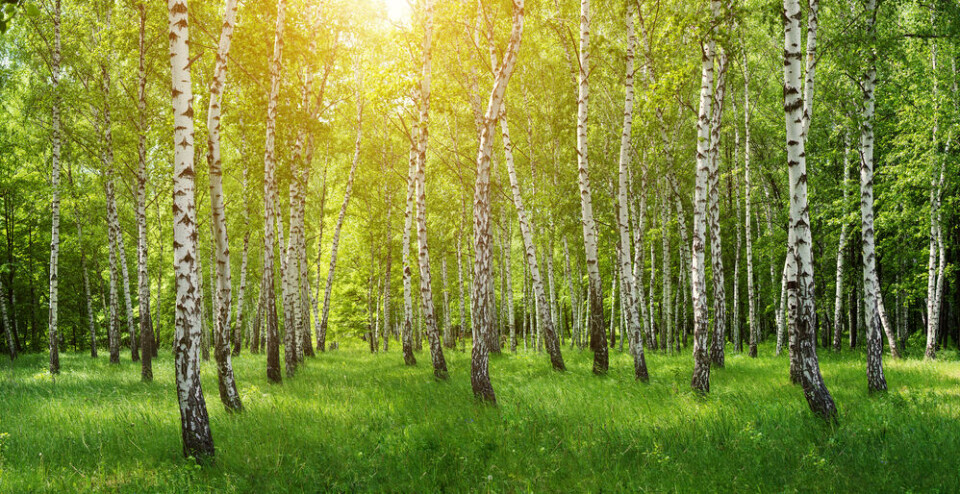-
Doctors’ records hit by cyberattack: up to 15 million patients in France affected
Information about sexual orientation, infidelity, and assaults taken alongside administrative data
-
French weekly weather forecast March 2 - 6: warm and dry before rain returns
Highs of 18C, considerably above seasonal averages, expected
-
More ticket-free toll motorways due in France despite driver confusion
Operators press ahead with plans to remove traditional entry barriers
Allergy alert: Birch pollen to arrive in northern France this week
The sunny weather will cause the pollen to spread from the north to the rest of the country. People with allergies can reduce the effects through various different measures

People with allergies in France are warned that birch pollen levels are set to rise in the north of the country this week, as good weather is forecast until early next week.
National air monitoring network le Réseau National de Surveillance Aérobiologique (RNSA) has raised the alert.
In a statement (PDF download), it said: “Birch pollen season will begin this week, with high levels from Thursday (March 23) across the majority of the north of the country.”
The pollen is likely to spread across the whole of the country between the end of March and the end of April.
The concentration of the pollen is highest during sunny days, when air pollution can “exacerbate allergic symptoms”, the statement added.
Read more: Four apps to help allergy sufferers find local pollen counts
The pollen can aggravate allergies and cause discomfort in the eyes and nose, and cause breathing difficulties.
As well as around forests and woodland, the trees are also often found in gardens and at the entry of larger residences. They can be recognised by their white trunks streaked with grey and black, and the fluffy flowers (catkins) at the end of their branches.
They are common in towns and usually well-liked due to their bright bark and leaves.
The RNSA recommends that people who suffer badly consult a doctor, who may be able to prescribe more effective anti-allergy medication, such as antihistamines.
It also advises:
- Rinsing your hair at the end of the day
- Opening the windows before sunrise and after sunset
- Avoiding drying clothes outdoors
- Washing your nose and throat with salty water
It comes just a few weeks after the RNSA issued warnings for cypress pollen across much of the south and southeast of the country in early March, and said that the allergy season had arrived relatively early this year.
Related articles
Red pollen allergy alerts issued for south and southeast France
Cypress pollen alert in southeast France as allergy risk arrives early
























